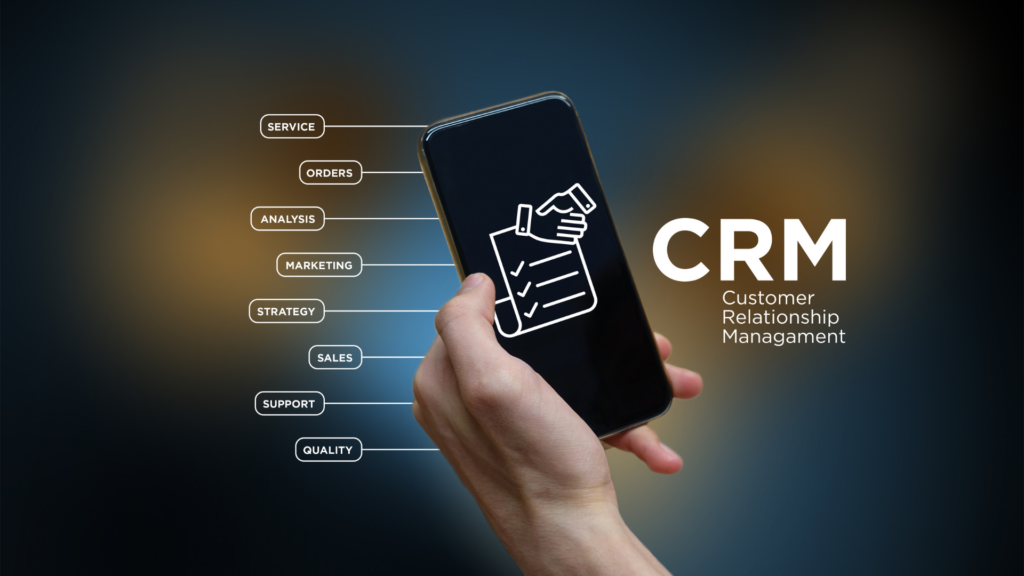
What Licenses Are Needed To Start A Cleaning Business?
Starting a cleaning business can be a lucrative and rewarding venture, but it’s crucial to understand the legal requirements and obtain the necessary licenses and permits. Navigating the licensing process ensures that your cleaning business operates legally and professionally. In this comprehensive guide, we’ll explore the various licenses needed to start a cleaning business and shed light on the regulatory landscape.
1.Business License:
A fundamental requirement for any business, a general business license is issued by the local government. It grants you the legal right to operate your cleaning business within a specific city or county. The application process and fees for a business license vary based on your location. Contact your local city hall or municipal office to initiate this process.
2. Cleaning Service License:
Certain regions require a specialized cleaning service license, distinct from a general business license. This license ensures that your cleaning business adheres to health and safety regulations concerning cleaning practices and products. Check with your local licensing authority to determine if your cleaning business needs this specific license.
3. Insurance and Bonding:
Insurance is indispensable for a cleaning business. General liability insurance protects your business from legal claims and accidents, while bonding provides financial security to your clients in case of theft or property damage. Being insured and bonded not only instills confidence in your clients but also protects your business’s reputation.
4. Federal Employer Identification Number (EIN):
If you plan to hire employees, you’ll need an EIN from the Internal Revenue Service (IRS). This unique number is used for tax reporting purposes and is necessary for employment tax filings. Even if you don’t initially plan to hire staff, obtaining an EIN is prudent for future business growth.
5. Environmental and Safety Permits:
If your cleaning services involve the use of chemicals or hazardous materials, you might need environmental permits. These permits ensure proper handling, usage, and disposal of cleaning substances. Additionally, adhere to Occupational Safety and Health Administration (OSHA) regulations to maintain a safe work environment for your employees.
6. Waste Disposal Licenses:
Proper disposal of waste, especially if your cleaning services involve biohazard or medical waste, requires specific licenses. Biohazardous materials must be disposed of safely and in compliance with local and federal regulations. Research waste disposal licenses applicable to your area and cleaning services.
7. Zoning Permits:
Before setting up a physical location for your cleaning business, check local zoning regulations. Zoning permits dictate the type of businesses allowed in specific areas. Ensure your business location aligns with local zoning laws to avoid potential legal complications related to property use.
8. Health Department Permits:
If your cleaning services involve sanitation or healthcare facilities, you may need permits from the local health department. These permits ensure your business complies with health and hygiene standards, particularly when cleaning spaces that demand specific sanitation protocols.
Conclusion:
Understanding and acquiring the necessary licenses and permits are foundational steps in establishing a reputable and successful cleaning business. Compliance with legal requirements not only establishes your business’s legitimacy but also protects you from potential legal liabilities.
By researching the specific licenses needed in your area, investing in insurance and bonding, and prioritizing safety and compliance, your cleaning business can thrive in a competitive market. Remember, legal compliance is not just a bureaucratic hurdle; it’s a fundamental aspect of building a credible and trustworthy cleaning business.
As you embark on your cleaning business journey, ensure you stay informed about local regulations and industry standards. By doing so, you’ll be well-prepared to operate your cleaning business efficiently, legally, and ethically, ultimately paving the way for long-term success and customer satisfaction.
Leave a Reply
- AI in Diagnostics: Revolutionizing Early Detection and Accuracy
- How AI and Advanced Analytics Are Transforming Healthcare Outcomes
- Investing with Confidence: The Role of ROI Calculators
- How ROI Calculators Drive Data-Driven Business Strategies
- The Ultimate Guide to ROI Calculators for Business Success
- Making Sense of ROI Calculators: A Comprehensive Guide
- June 2025 (1)
- May 2025 (1)
- October 2024 (2)
- September 2024 (31)
- August 2024 (31)
- July 2024 (27)
- June 2024 (28)
- May 2024 (30)
- April 2024 (33)
- March 2024 (23)
- February 2024 (29)
- January 2024 (3)
- December 2023 (47)
- November 2023 (36)
- October 2023 (23)
- September 2023 (2)
- June 2023 (2)
- May 2023 (13)
- April 2023 (1)




